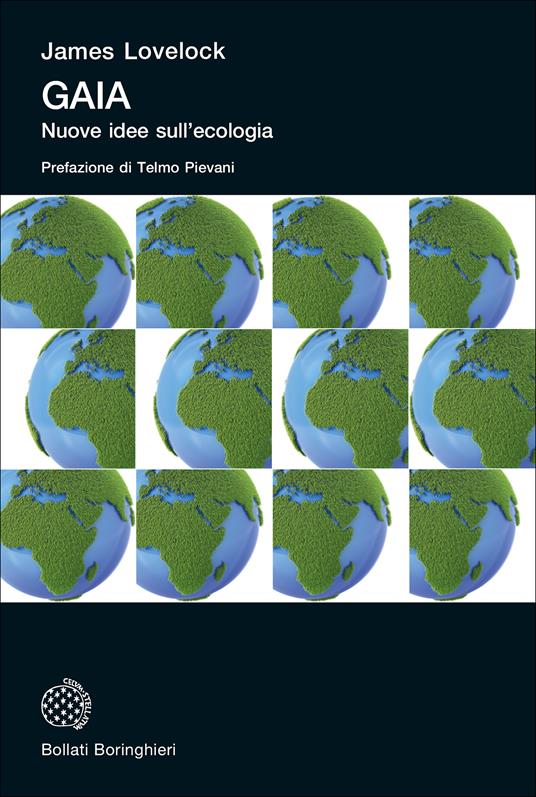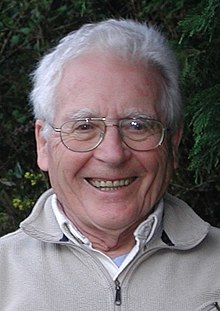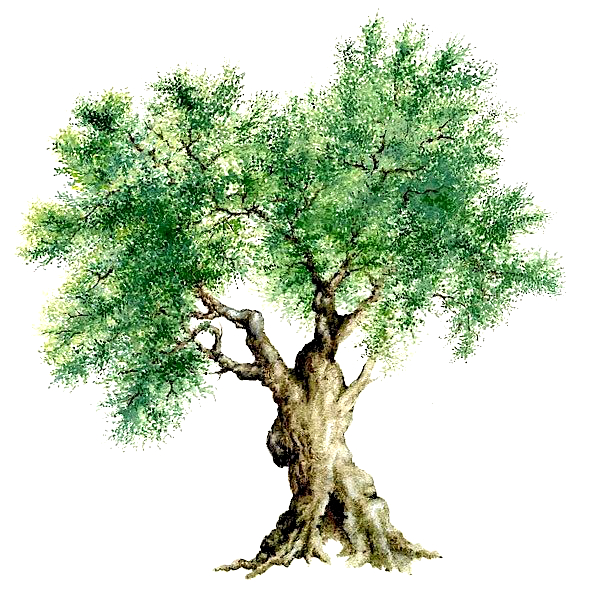
The death of James Ephraim Lovelock, which occurred at the age of 103 on July 26, his birthday, deprived the world of research and science of a now rare figure of a multifaceted and stimulating, curious and provocative scientist. In over seven decades of active presence on the research and dissemination scene, Lovelock has produced inventions, tools, ideas, hypotheses and theories that would have been enough for three lifetimes.
This British chemist born and lived in southern England, a man of innumerable, multiform, and varied qualities, has linked his name to the idea that the Planet should be considered an “organism” made up of biosphere and non-living components which, by interacting, influence each other and promote life.
Gaia. A New Look at Life on Earth, published by Oxford University Press in 1979, was a book that to a large extent gave a profound shock to ecology and environmental studies by offering a new perspective, equidistant from both catastrophic and excessive views and overly optimistic ones.
While remembering this great scientist with his open mind and captivating smile, we recommend Gaia. New ideas on ecology, masterfully translated by Vania Landucci Bassan with a preface by Telmo Pievani. This will be a very interesting read for those unfamiliar with the Gaia hypothesis and useful for those wishing to reread it at a time when climate change requires a drastic revision of all our ideas if we want to give a future to our species and the planet we inhabit.

Year of publication: 2021 | Pages: 192 p., Paperback| EAN: 9788833936642
Secondo Lovelock la Terra è Gaia, un unico organismo vivente capace di autoregolarsi e di rispondere a tutti quei fattori nuovi e avversi che ne turbano gli equilibri naturali. La materia vivente non rimane passiva di fronte a ciò che minaccia la sua esistenza: gli oceani, l’atmosfera, la crosta terrestre e tutte le altre componenti geofisiche del pianeta si mantengono in condizioni idonee alla presenza della vita proprio grazie al comportamento e all’azione degli organismi viventi, vegetali e animali. Lovelock offre così una formidabile alternativa alle concezioni di chi vede la natura come una forza primitiva da sottomettere o conquistare o di chi considera la Terra come una nave spaziale che ruota nel cosmo senza meta.

Credits
Author: Anna Lacci is a scientific popularizer and expert in environmental education and sustainability and in territory teaching. She is the author of documentaries and naturalistic books, notebooks, interdisciplinary teaching aids, and multimedia information materials.
Translation by Maria Antonietta Sessa



